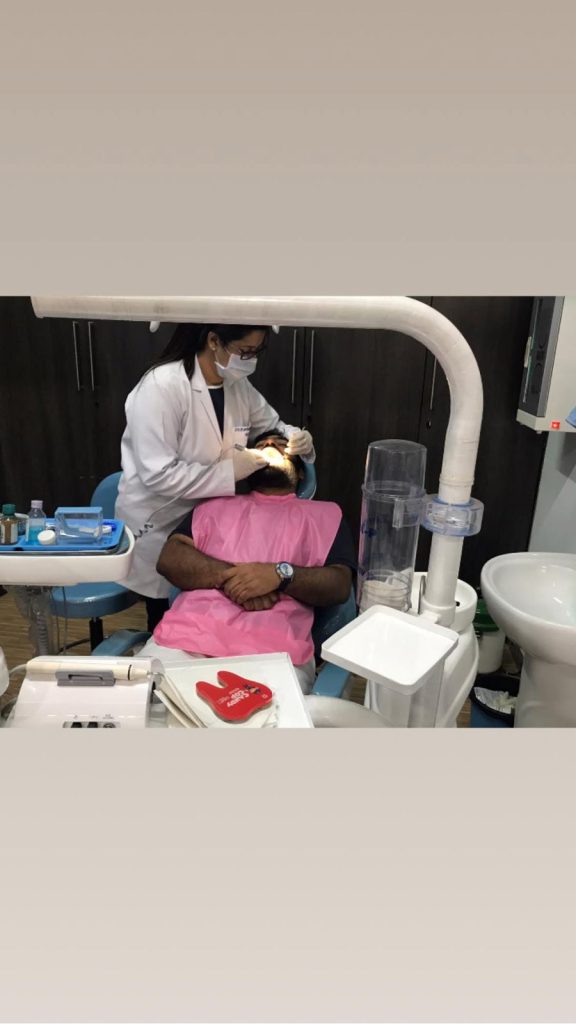Keeping up with your dental appointments isn’t just about polishing your smile—it’s essential for your overall health. Here’s why scheduling a dental exam every six months (or as your dentist recommends) delivers real, lasting benefits:
1. Early Detection of Oral Health Issues
- Cavities & Decay: Small areas of damage can be spotted and treated before they require costly fillings or root canals.
- Gum Disease: Early-stage gingivitis is often painless and easy to reverse; if left unchecked it can progress to periodontitis, risking tooth loss and systemic inflammation.
- Oral Cancer Screening: Your dentist will check soft tissues for any unusual lumps or discoloration—early diagnosis can dramatically improve treatment outcomes.
Stay ahead of dental issues and protect your overall health with regular checkups—early detection, preventive cleanings, and personalized care for your brightest smile.
2. Prevention is More Affordable Than Treatment
- Lower Costs Over Time: A simple cleaning and checkup costs a fraction of what restorative treatments (crowns, implants, root canals) do.
- Reduced Need for Emergency Visits: Catching problems early means fewer painful flare-ups and unplanned trips to the dentist.
3. Professional Cleaning for a Healthier Mouth
- Tartar & Plaque Removal: Even with excellent brushing and flossing, hardened deposits accumulate in hard-to-reach spots—professional scaling keeps decay and gum disease at bay.
- Polishing & Stain Removal: Remove surface stains from coffee, tea, or tobacco for a brighter, more confident smile.
4. Maintenance of Overall Health
- Heart Health Link: Research shows untreated gum disease can contribute to systemic inflammation, which is associated with increased risk of heart disease and stroke.
- Diabetes Management: People with diabetes are more prone to gum disease; regular dental care helps keep blood sugar levels in check.
- Respiratory Well-Being: Bacteria from inflamed gums can be inhaled into the lungs, worsening conditions like pneumonia and COPD.
5. Guidance on Oral Hygiene & Nutrition
- Personalized Tips: Your hygienist will review your brushing technique, recommend the right toothbrush and toothpaste, and offer specific advice for flossing, interdental brushes, or water-flossers.
- Dietary Counseling: Learn which foods and beverages help—or harm—your teeth. Small swaps (e.g., sugar-free gum, crunchy fruit) make a big difference.
6. Monitoring of Existing Dental Work
- Fillings & Crowns: Regular exams ensure that past restorations remain secure and free of cracks or decay forming at the margins.
- Orthodontic Appliances: If you have braces or a retainer, your dentist can spot wear-and-tear or alignment shifts before they become problematic.
7. Comfort & Confidence Boost
Aesthetic Check: Your dentist can point out opportunities for teeth whitening, alignment improvements, or cosmetic enhancements if you’re interested.
Peace of Mind: Knowing your smile is healthy removes lingering worries about undetected problems.
Fresh Breath: Professional cleanings and targeted advice banish bad breath, keeping you confident in social and professional interactions.



